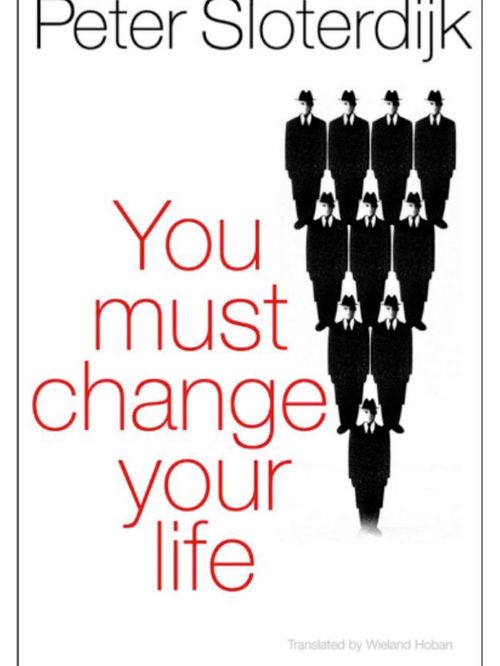Why do we strive? Peter Sloterdijk’s theory of success
Feb 02, 2022 · 2 mins read
0
Share
“Wherever one encounters human beings” German philosopher Peter Sloterdijk says, “they are embedded in achievement fields and status classes.”
Save
Share
The most shocking “barbarian” of modern times is one who mocks achievement and denies status. Humans are an “upward-trending animal” Sloterdijk writes in You Must Change Your Life. “Whoever goes in search of humans will find acrobats.”
Save
Share
Sloterdijk’s title is taken from Rilke’s sonnet ‘Archaic Torso of Apollo’ (1908), about the stone sculpture of a headless torso of Apollo in the Louvre museum. Rilke writes:
Save
Share
“…for there is no place
That does not see you
You must change your life”
Save
Share
Looking at the statue electrifies the viewer, Rilke, into doing something, to make his life great. It’s the experience we get after walking out of the cinema with a head full of inspiration, or having read a great biography – an imperative to act.
Save
Share
The “vertical tension” is the gap between what we are now and what we wish to be. When they command, “You must get in shape!” even billionaires listen obediently to their personal trainers, because they are tortured by unfulfilled potential. It’s all up to them.
Save
Share
If you were an alien looking down on earth, Nietzsche said in The Genealogy of Morals, you would see it as the ascetic planet, its humans disgusted with themselves and with life.
Save
Share
Nietzsche anxiously asks how humans will manage after the ‘twilight of the gods’. He shouldn’t have been worried, Sloterdjik says. There is always a vertical dynamic in humans, with or without God. We are always moving towards something higher or better.
Save
Share
Sloterdijk distinguishes between the “God-referential”, that is people engaged in practices all about losing or lessening the self – and the self-referential, that is people whose practices are to improve and expand the self. Self-minimization vs. self-maximization.
Save
Share
In earlier epochs in which religion dominated, it seemed wrong for people to make much of themselves. By losing the self you gained transcendence. Today, people are assumed to be in control of their lives. Therefore, not making much of ourselves is the crime.
Save
Share
0
